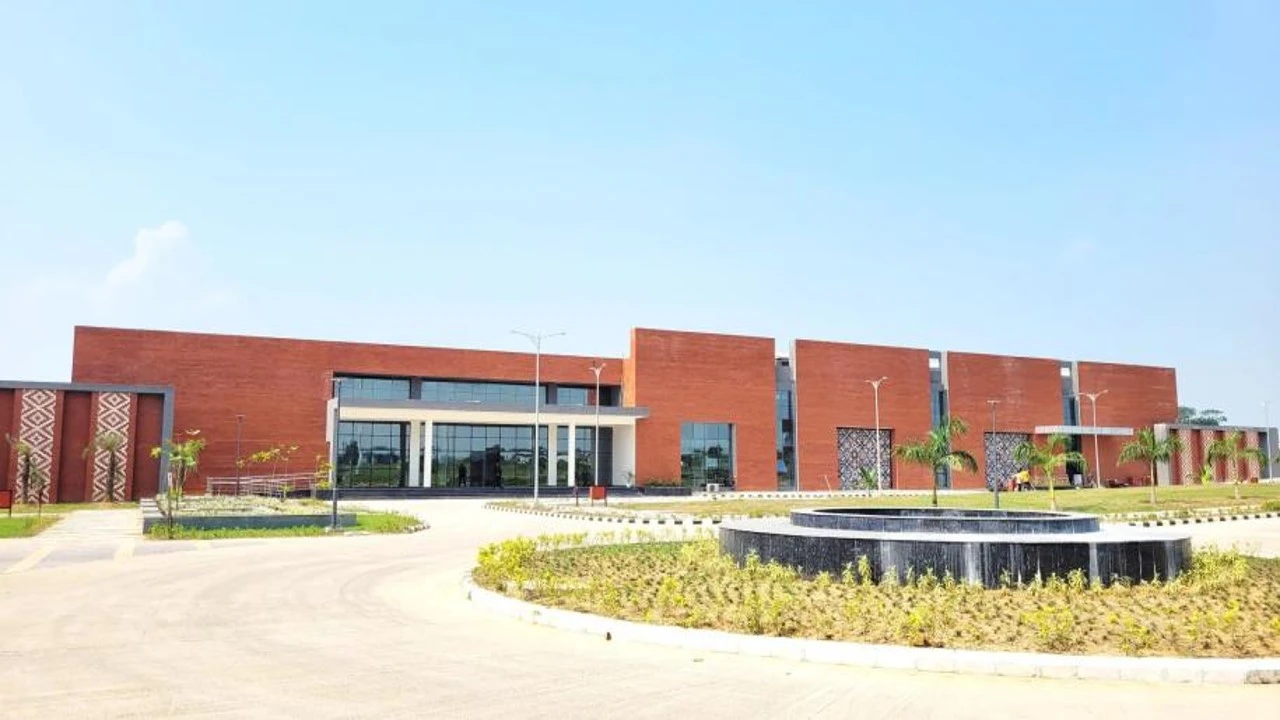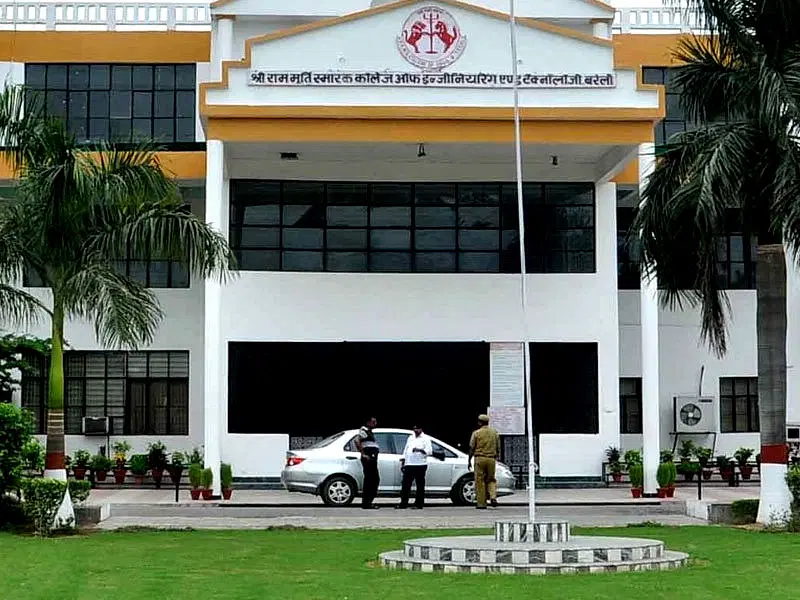MBA in India VS MBA in Abroad 2023 – The decision to pursue a Master of Business Administration (MBA) is a significant milestone in one’s academic and professional journey. It opens doors to new opportunities, enhanced skills, and increased earning potential. However, one of the most important decisions you’ll need to make is to decide whether to pursue an MBA in India or abroad. This decision has far-reaching implications on your career, personal growth, and finances. In this article, we will explore the pros and cons of pursuing an MBA in India versus pursuing one abroad to help you make an informed choice.
MBA in India VS MBA in Abroad 2023
The type of MBA course offered in both India and Abroad is given in a table below
| Types of MBA in India | Types of MBA abroad |
| Full-time MBA | Full-time MBA |
| 1-Year MBA | Executive MBA |
| Executive MBA | Part-time MBA |
| Part-time MBA | Dual MBA |
| Distance/ Online MBA | Distance/ Online MBA |
MBA in India VS MBA in Abroad 2023 – Top B-Schools
Comparing MBA in India to abroad is tough. Top schools in both places have good job prospects but differ in requirements. Abroad, you need 4 years of work experience and good grades. In India, no work experience is needed. They teach similar things, but abroad, you get more exposure. Some Indian schools offer programs to study abroad for better opportunities.
Top B-Schools Abroad | Top B-Schools in India |
| Stanford Graduate School of Business, Stanford University | Indian Institute of Management Ahmedabad |
| Harvard Business School, Harvard University | Indian Institute of Management Bangalore |
| Wharton School of the University of Pennslyvania | Indian Institute of Management Calcutta |
| HEC Paris | Indian Institute of Management Kozhikode |
| MIT Sloan School of Management | Indian Institute of Management Delhi |
| London Business School | Indian Institute of Management Indore |
| IE Business School | Indian Institute of Management Lucknow |
| INSEAD | Xavier Labour Relations Institute (XLRI) |
| Columbia Business School, Columbia University | Indian Institute of Management Kharagpur |
| IESE Business School | Indian Institute of Management Bombay |
MBA in India VS MBA in Abroad 2023 – Comparison
In 2023, choosing between an MBA in India and an MBA abroad remains a crucial decision for aspiring business professionals. While Indian institutions offer affordability and diverse specializations, foreign programs provide global exposure and potentially higher salaries. This comparison will shed light on key factors, aiding individuals in making a well-informed choice.
| Aspect | MBA in India | MBA Abroad |
|---|---|---|
| Cost of Study | Varies by institution, typically INR 8 lakh to INR 28 lakh in India | Higher, ranging from $55,000 to $140,000 in the US |
| Entrance Exams | Common Admission Test (CAT), SNAP, XAT, NMAT, IIFT, etc. | GMAT or GRE |
| Course Structure | Business Communication Economic Environment of Business Financial Accounting Financial Management Human Resource Management Management Accounting Information Technology Management Management of Information System Managerial Economics Management Science Marketing Management Marketing Research Organizational Behavior Organization Effectiveness & Change Quantitative Methods Production & Operations Management Business Ethics & Corporate Social Responsibility International Business Environment Legal Environment of Business Project Study Strategic Analysis and Strategic Management | Accounting and Management Business, Government & the International Economy Finance Entrepreneurial Management General Management Negotiation Organizations & Markets Marketing, Strategy Technology & Operations Management Leadership & Organizational Behavior Technology & Operations Management |
| Placements | Campus placements are common | Not all colleges guarantee placements |
| Salary Range | Varies, typically INR 18 lakh to INR 25 lakh from top B-schools | Wide range, top universities offer higher salaries |
| Program Duration | 2 Years | 1-2 Years |
MBA in India VS MBA in Abroad – Eligibility Criteria
The eligibility criteria for MBA in India and Abroad differs and the eligibility criteria is given in the table below.
| Eligibility Criteria | MBA in India | MBA Abroad |
|---|---|---|
| Educational Background | 12th grade with 60% minimum Bachelor’s degree with 50% minimum | Bachelor’s degree in any discipline |
| Entrance Exam | CAT/MAT/XAT/CMAT or equivalent exams. | GMAT score specified by the university. |
| Work Experience | Not a standard requirement | Typically 2 to 4 years of work experience. |
| Interview | May or may not be required | Personal interview with the university’s admission committee. |
MBA in India Vs MBA in Abroad – Pros & Cons
The pros and cons of doing MBA in India and Abroad is shared in a table below
MBA in India Vs MBA in Abroad – Pros
| Pros of MBA in India | Pros of MBA abroad |
| Familiar social environment to study | A plethora of course options available |
| Much cheaper cost of education | Good average salary after MBA |
| Work experience is not mandatory | |
| Placement guarantee |
MBA in India Vs MBA in Abroad – Cons
| Cons of MBA in India | Cons of MBA abroad |
| Lesser average salary | No placement guarantee |
| Course options are limited | Higher cost of studying |
| Work experience criteria |
MBA in India VS MBA in Abroad 2023 – Frequently Asked Question
Q1. What is the cost difference between an MBA in India and abroad in 2023?
Ans. The cost of an MBA in India is generally more affordable, with tuition fees ranging from INR 8 lakh to INR 28 lakh. In contrast, studying abroad can be considerably more expensive, with tuition fees in the range of $55,000 to $140,000.
Q2. Which entrance exams are required for MBA programs in India and abroad?
Ans. In India, Common Admission Test (CAT) is commonly required, along with exams like SNAP, XAT, NMAT, and IIFT. Abroad, GMAT and GRE are the typical entrance exams for MBA programs.
Q3. What are the key differences in the course structure of MBA programs in India and abroad?
Ans. MBA programs in India often focus on theory, covering subjects like Finance, Marketing, and HR. In contrast, programs abroad often employ a more practical approach, emphasizing case studies and offering various specializations.






